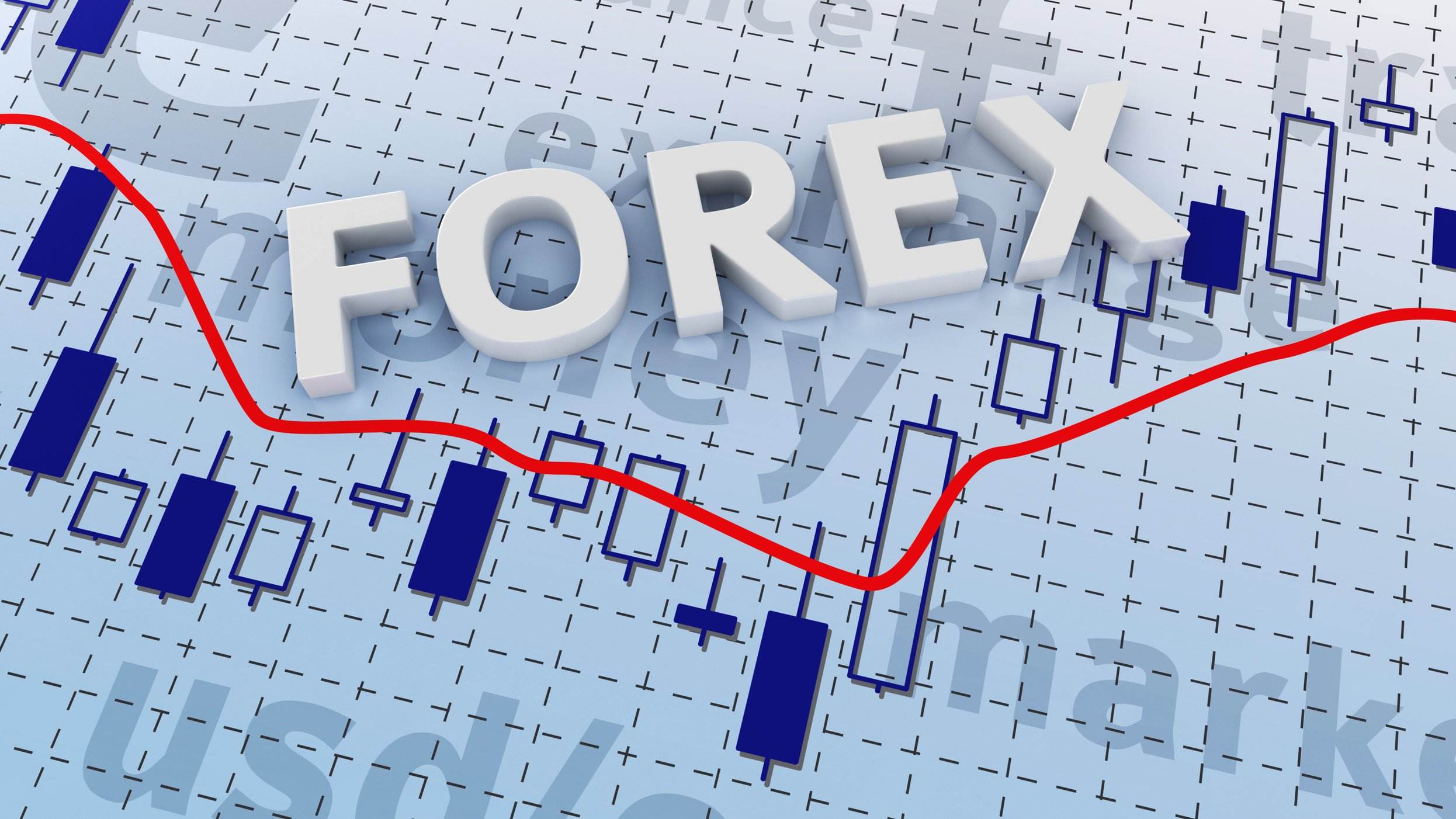Commission - 手续费
Understanding Forex Broker Commission
As a forex trader, one of the essential factors to consider when choosing a forex broker is the commission structure. Commission, also known as "spread," is the fee charged by forex brokers for executing trades on behalf of their clients. Understanding how commission works is crucial for traders to make informed decisions when selecting a broker and to manage their trading costs effectively.
Types of Commission
Forex brokers typically charge commission in two primary ways: spread mark-up and direct commission. In a spread mark-up, the broker adds its commission to the spread, which is the difference between the buying and selling price of a currency pair. On the other hand, direct commission involves a fixed fee per trade, regardless of the size of the position or the market conditions. Each commission type has its pros and cons, and traders should carefully consider which model best suits their trading strategy and risk tolerance.
Factors Affecting Commission
Several factors can influence the commission charged by forex brokers. The most significant factor is the trading volume, as brokers may offer discounted commission rates for high-volume traders. Additionally, the liquidity of the currency pair being traded can impact the commission, with more liquid pairs often having lower commission rates. Moreover, the type of account and trading platform used can also influence the commission structure, as certain account types may offer lower commission rates or even commission-free trading.
Comparing Commission Structures
When evaluating different forex brokers, traders should carefully compare the commission structures offered. It is essential to consider not only the commission rates but also any additional fees and trading costs associated with the broker. Some brokers may offer low-commission trading but compensate by charging higher spreads or other hidden fees. Therefore, a comprehensive comparison of commission structures is crucial for determining the overall cost of trading with a particular broker.
Commission and Trading Strategies
Traders should align the commission structure with their trading strategies. For example, scalpers and day traders who execute a high number of trades may prefer a commission-based model to keep their trading costs predictable and transparent. Conversely, swing traders and position traders, who hold trades for longer periods, may prioritize tight spreads over direct commission, as they aim to minimize the impact of trading costs on their overall returns.
Transparency and Trust
Transparency in commission structures is paramount for building trust between forex brokers and their clients. Brokers that clearly disclose their commission rates and any additional charges gain credibility with traders, as they provide a transparent view of the true cost of trading. Trustworthy brokers are more likely to retain clients in the long run and attract new traders seeking a reliable and transparent trading environment.
Negotiating Commission
For high-volume traders or institutional clients, negotiating commission rates with forex brokers is a common practice. High-volume traders can leverage their trading activity to negotiate lower commission rates, custom-tailored commission structures, or even commission rebates. However, negotiating commission requires a solid understanding of market conditions, trading volumes, and the broker's policies, and it is typically reserved for experienced traders and institutional clients.
Conclusion
Comprehending the various commission structures and their impact on trading costs is fundamental for forex traders. By understanding the types of commission, the factors affecting commission rates, and the relevance of commission to different trading strategies, traders can make well-informed decisions when selecting a forex broker. Moreover, transparency in commission structures and the opportunity to negotiate commission rates contribute to building trust between traders and their brokers, fostering long-term and mutually beneficial relationships.
相关文章
 股票换手率实战中怎么用?是不是越高越好?股票换手率是衡量股票市场流动性的一个重要指标,它反映了市场上股票的交易活跃程度。在股票交易中,换手率常常被用2024-07-16
股票换手率实战中怎么用?是不是越高越好?股票换手率是衡量股票市场流动性的一个重要指标,它反映了市场上股票的交易活跃程度。在股票交易中,换手率常常被用2024-07-16 外汇交易怎么挽回亏损的钱币对于外汇交易者来说,亏损是在所难免的。但是,当你遭遇亏损时,怎么挽回损失的钱币却是一个需要认真思考的问题。以下是一些可以帮助你挽回损失的方法2024-07-16
外汇交易怎么挽回亏损的钱币对于外汇交易者来说,亏损是在所难免的。但是,当你遭遇亏损时,怎么挽回损失的钱币却是一个需要认真思考的问题。以下是一些可以帮助你挽回损失的方法2024-07-16 外汇交易银行卡办理——快速便捷的交易方式外汇交易作为一种全球性的交易方式,其交易的快速和安全显得尤为重要。银行卡作为现代金融服务的主要方式之一,越来越多的外汇交易用2024-07-16
外汇交易银行卡办理——快速便捷的交易方式外汇交易作为一种全球性的交易方式,其交易的快速和安全显得尤为重要。银行卡作为现代金融服务的主要方式之一,越来越多的外汇交易用2024-07-16 外汇交易星期五晚上外汇交易市场呈现出 24 小时不间断交易的特性,但星期五晚上是一个特殊的时刻。星期五晚上涉及的交易所和金融市场休市时间将使价格波动率增加,这也使得外汇交易者2024-07-16
外汇交易星期五晚上外汇交易市场呈现出 24 小时不间断交易的特性,但星期五晚上是一个特殊的时刻。星期五晚上涉及的交易所和金融市场休市时间将使价格波动率增加,这也使得外汇交易者2024-07-16 风险对冲的定义风险对冲是指一种旨在降低或抵消金融市场上的投资风险的策略。通过采取一定的对冲措施,投资者可以有效地减少市场波动导致的损失,从而确保投资组合的稳健性和安2024-07-16
风险对冲的定义风险对冲是指一种旨在降低或抵消金融市场上的投资风险的策略。通过采取一定的对冲措施,投资者可以有效地减少市场波动导致的损失,从而确保投资组合的稳健性和安2024-07-16 什么是中行外汇交易牌价?中国银行外汇交易牌价简称“中行牌价”,因中国银行在外汇交易中扮演重要角色而得名。中行牌价是指中国银行针对各种外币对人民币的交易价格,是国内外汇交易市场2024-07-16
什么是中行外汇交易牌价?中国银行外汇交易牌价简称“中行牌价”,因中国银行在外汇交易中扮演重要角色而得名。中行牌价是指中国银行针对各种外币对人民币的交易价格,是国内外汇交易市场2024-07-16

最新评论